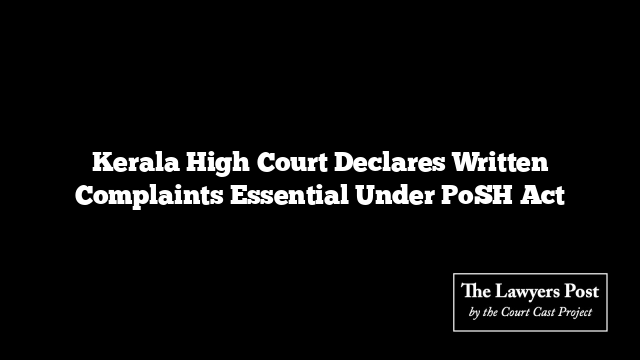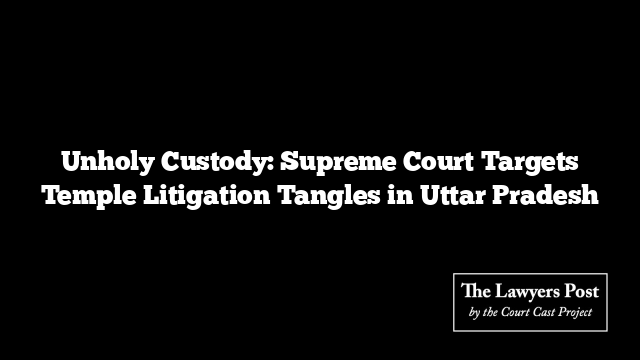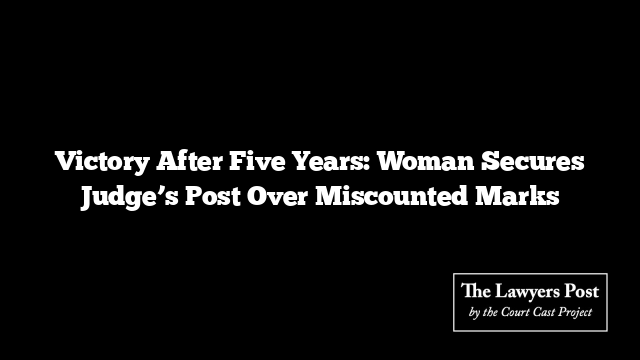The Kerala High Court has firmly reiterated that written complaints are a prerequisite to initiate inquiries under the Sexual Harassment of Women at Workplace (Prevention, Prohibition, and Redressal) Act, 2013 (PoSH Act). While acknowledging that oral complaints might be considered in extraordinary circumstances, the Court emphasized that they cannot routinely replace the statutory requirement of written submissions.
Justice PG Ajithkumar underscored that Section 9 of the PoSH Act mandates written complaints to initiate proceedings. This observation arose while overturning an inquiry report against the managing director (MD) of an IT firm, which was initiated based on an anonymous complaint.
Case Background
The MD had previously dismissed an employee citing performance issues. This dismissal escalated into a series of legal disputes, including the employee contesting her termination and the MD seeking to restrain her from accessing the workplace. Later, an anonymous complaint accusing the MD of workplace misconduct was submitted to the District Collector, triggering an inquiry by a Local Level Committee under the PoSH Act.
The Court’s Observations
The Court found significant procedural lapses and clarified that the inquiry lacked jurisdiction under Section 11 of the PoSH Act since the alleged victim had not filed a written complaint. Notably, during the inquiry, the ex-employee denied allegations of sexual harassment, including requests for sexual favors or molestation. Instead, she described workplace hostility stemming from personal animosity, which the Court categorized as a labor dispute rather than a sexual harassment issue.
The inquiry process also violated principles of natural justice, as the petitioner was not allowed to cross-examine witnesses. The committee relied on phone interactions instead of formal witness examinations, further undermining the inquiry’s validity.
Legal and Procedural Implications
The High Court set aside the committee’s findings, deeming them inconsistent with the PoSH Act. While it acknowledged the rule prohibiting lawyers’ participation in PoSH inquiries—intended to protect complainants’ privacy—the Court did not delve into its constitutionality, leaving the issue open for future consideration.
The ruling underscores the critical need for adherence to procedural safeguards under the PoSH Act and highlights the importance of distinguishing between workplace disputes and genuine cases of sexual harassment.





